Defaulting <=> automatically gives ==, !=, <, >, <=, >= for free
C++20 has a new "default comparison" feature setup so that defaulting <=> gives all the others for free. I believe that this has been the major motivation behind the addition of operator<=>.
Adapted from https://en.cppreference.com/w/cpp/language/default_comparisons:
main.cpp
#include <cassert>
#include <compare>
#include <set>
struct Point {
int x;
int y;
auto operator<=>(const Point&) const = default;
};
int main() {
Point pt1{1, 1}, pt2{1, 2};
// Just to show it Is enough for `std::set`.
std::set<Point> s;
s.insert(pt1);
// All of these are automatically defined for us!
assert(!(pt1 == pt2));
assert( (pt1 != pt2));
assert( (pt1 < pt2));
assert( (pt1 <= pt2));
assert(!(pt1 > pt2));
assert(!(pt1 >= pt2));
}
compile and run:
sudo apt install g++-10
g++-10 -ggdb3 -O0 -std=c++20 -Wall -Wextra -pedantic -o main.out main.cpp
./main.out
An equivalent more explicit version of the above would be:
struct Point {
int x;
int y;
auto operator<=>(const Point& other) const {
if (x < other.x) return -1;
if (x > other.x) return 1;
if (y < other.y) return -1;
if (y > other.y) return 1;
return 0;
}
bool operator==(const Point& other) const = default;
};
In this case, we need to explicitly set bool operator==(const Point& other) const = default; because if operator<=> is not defaulted (e.g. as given explicitly above), then operator== is not automatically defaulted:
Per the rules for any operator<=> overload, a defaulted <=> overload will also allow the type to be compared with <, <=, >, and >=.
If operator<=> is defaulted and operator== is not declared at all, then operator== is implicitly defaulted.
The above example uses the same algorithm as the default operator<=>, as explained by cppreference as:
The default operator<=> performs lexicographical comparison by successively comparing the base (left-to-right depth-first) and then non-static member (in declaration order) subobjects of T to compute <=>, recursively expanding array members (in order of increasing subscript), and stopping early when a not-equal result is found
Before C++20, you could not do something like operator== = default, and defining one operator would not lead to the others being defined, e.g. the following fails to compile with -std=c++17:
#include <cassert>
struct Point {
int x;
int y;
auto operator==(const Point& other) const {
return x == other.x && y == other.y;
};
};
int main() {
Point pt1{1, 1}, pt2{1, 2};
// Do some checks.
assert(!(pt1 == pt2));
assert( (pt1 != pt2));
}
with error:
main.cpp:16:18: error: no match for ‘operator!=’ (operand types are ‘Point’ and ‘Point’)
16 | assert( (pt1 != pt2));
| ~~~ ^~ ~~~
| | |
| Point Point
The above does compile under -std=c++20 however.
Related: Are any C++ operator overloads provided automatically based on others?
Tested on Ubuntu 20.04, GCC 10.2.0.
 Since 2017 cppreference.com updated that page and now contains detailed information about the
Since 2017 cppreference.com updated that page and now contains detailed information about the